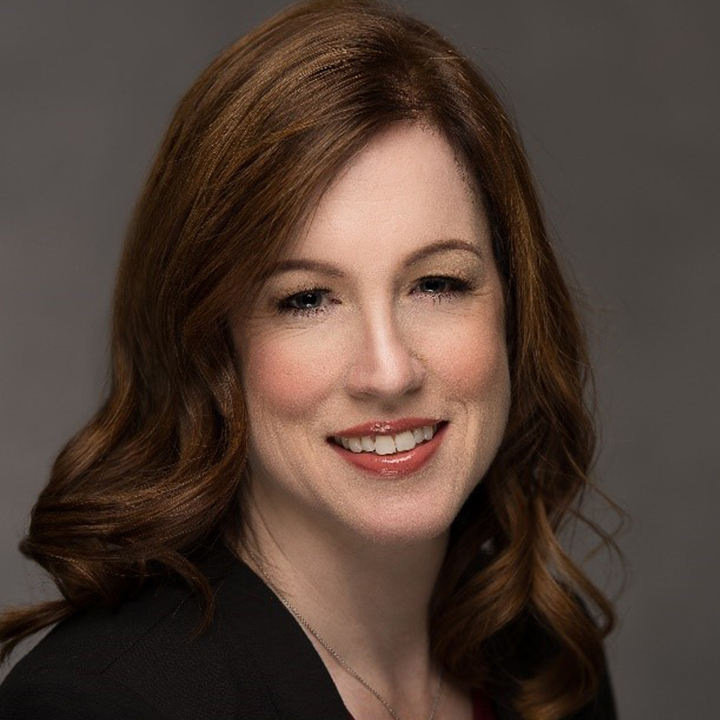Lora Hooper, Ph.D.
- Professor & Chair, Immunology
- Center for Genetics of Host Defense, Microbiology
- Jonathan W. Uhr, M.D. Distinguished Chair in Immunology
- Nancy Cain and Jeffrey A. Marcus Scholar in Medical Research, in Honor of Dr. Bill S. Vowell
- HHMI Investigator, NAS Member

“Every day is another opportunity to become better.”
Contributions to STEMM
Dr. Hooper is a scientist, educator, and Department Chair at UT Southwestern. She serves as Principal Investigator of the Hooper lab, where she “studies how the gut microbiome – the trillions of bacteria that inhabit the intestines – impact our physiology.” Specific areas of research interest include host-microbial interactions and innate immunity. She said much of her current research focuses on “working to unravel how our gut bacteria shape how our immune systems develop and how we metabolize our food.”
Early Influences
Dr. Hooper credited her many “amazing mentors throughout my life. In high school, I was very lucky to have Jackie Turner as my chemistry teacher. She was both rigorous and inspiring. During my undergrad years at Rhodes College, Dr. Terry Hill sparked my interest in the inner workings of cells. While in grad school at Washington University, my Ph.D. mentor Dr. Jacques Baenziger gave me excellent training in basic biochemistry.”
She later joined UT Southwestern as a junior faculty from Washington University in St. Louis where she worked in the laboratory of Jeffrey Gordon, M.D. She credits Dr. Gordon for fostering her interest in microbiome research.
“He opened up the world of the gut microbiome for me and allowed me the freedom to explore this expansive field.”
Taking Risks
As a current scientific expert in the ever-expanding microbiome field, Dr. Hooper distinguishes herself as one of the pioneers in the field. “It’s hard to believe this now, but entering the microbiome field in the mid-90s entailed some risk,” she said. “It was a very new field, and it wasn’t at all clear that these resident microorganisms were doing anything interesting.”
Dr. Hooper found value in embracing the unknown.
View Academic Profile“Truth be told, I didn’t really have any concrete career goals at the beginning of my postdoc training. I think this gave me an advantage in that I wasn’t afraid to take risks. I just enjoyed the process of discovery and let the science lead me. Even if I hadn’t gotten my dream job at UT Southwestern, I would have been very happy doing science in almost any context.”